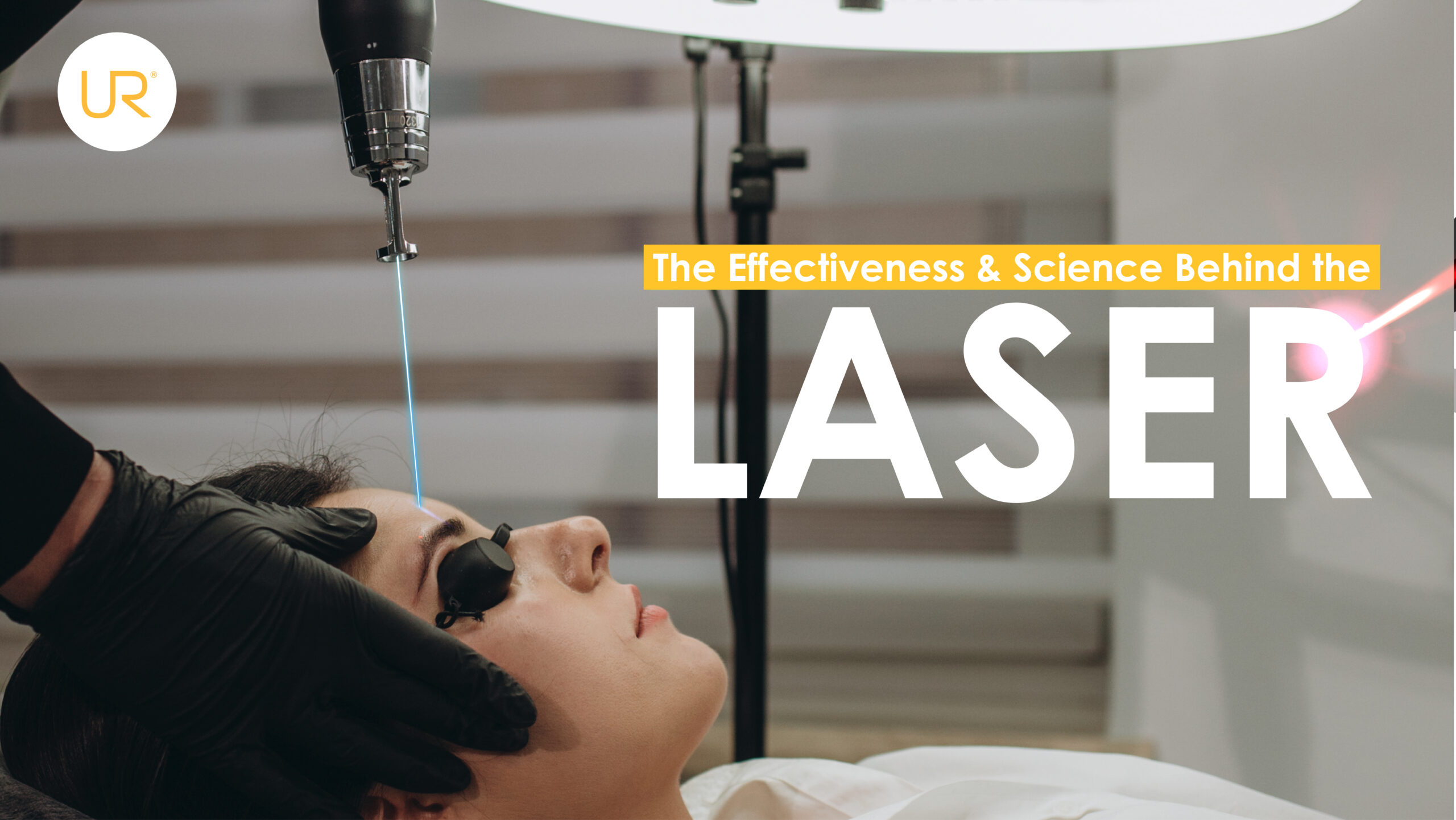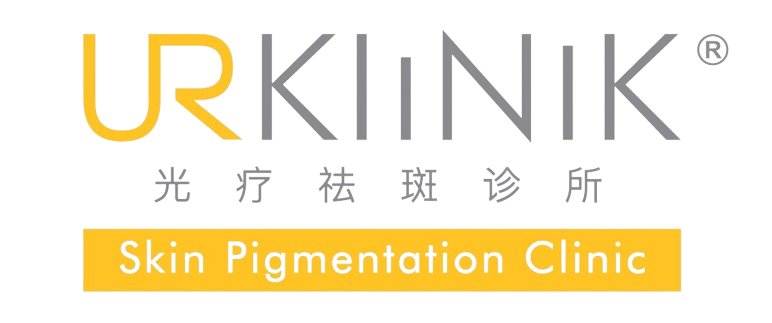
11 Apr The Science Behind Laser Therapy and Its Effectiveness in Treating Skin Pigmentation in Malaysia
Skin pigmentation is a common condition that affects many people of different ages and skin types. It is caused by the overproduction of melanin, which can result in uneven skin tone, dark spots, and other discolorations. Laser therapy is a popular treatment option for skin pigmentation, and at our clinic, we offer different types of laser therapy to target different types of pigmentation. But what is the science behind it, and how effective is it?
The Basics of Laser Therapy
Laser therapy involves the use of a focused beam of light to target specific areas of the skin. The laser emits light at a specific wavelength, which is absorbed by the pigment in the skin. This causes the pigment to break down, and the body’s natural processes remove it from the skin. Laser therapy can be customized to treat different types of pigmentation, including superficial and deep pigmentation.
Types of Laser Therapy
At our clinic, we offer the following types of laser therapy to treat different types of pigmentation:
- Spectra Whitening: This laser therapy targets deeper layers of pigmentation (melanin) and effectively removes dark spots, improves skin tone, and brightens the skin. It is ideal for treating melasma, deep pigmentation, and uneven skin tone.
- Ruvy Touch: This laser therapy is designed to remove superficial pigments such as freckles. It uses a specific wavelength that is absorbed by melanin, causing it to break down and form a minor scab that peels off, revealing clearer skin.
- Gold Light: This laser therapy effectively removes stubborn pigmentation, prevents recurring pigmentation, and eliminates and reduces microvessels. It is ideal for treating stubborn pigmentation, such as age spots and sunspots.
Effectiveness of Laser Therapy for Skin Pigmentation
Studies have shown that laser therapy can be an effective treatment for skin pigmentation. A 2019 study published in the Journal of Cosmetic Dermatology found that laser therapy was effective in reducing melasma and improving skin texture in patients. Another study published in the Journal of the American Academy of Dermatology found that laser therapy was a safe and effective treatment option for pigmentation in patients with different skin types.
It is important to note that the effectiveness of laser therapy can vary depending on the individual’s skin type, the severity of the pigmentation, and other factors. It is also important to choose a qualified and experienced professional to perform the therapy to ensure safe and effective results.
Conclusion
Laser therapy is a safe and effective treatment option for different types of skin pigmentation, including deep and superficial pigmentation. Its ability to target specific areas of the skin and break down pigment makes it an ideal treatment for reducing hyperpigmentation and improving skin tone and texture. While the effectiveness of laser therapy can vary depending on the individual, studies have shown that it can be an effective option for many people. If you are considering laser therapy for your skin pigmentation, it is important to consult with a qualified professional to determine the best treatment plan for your needs.


